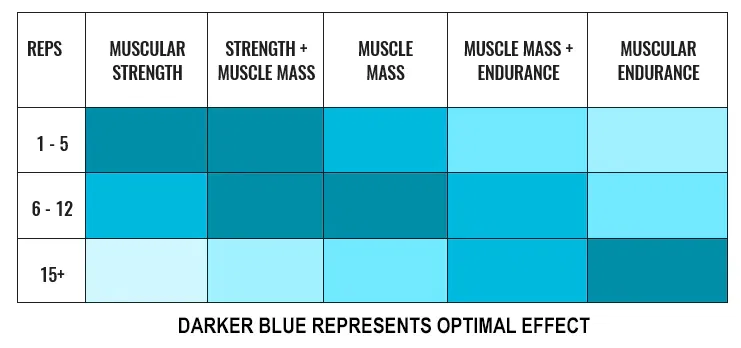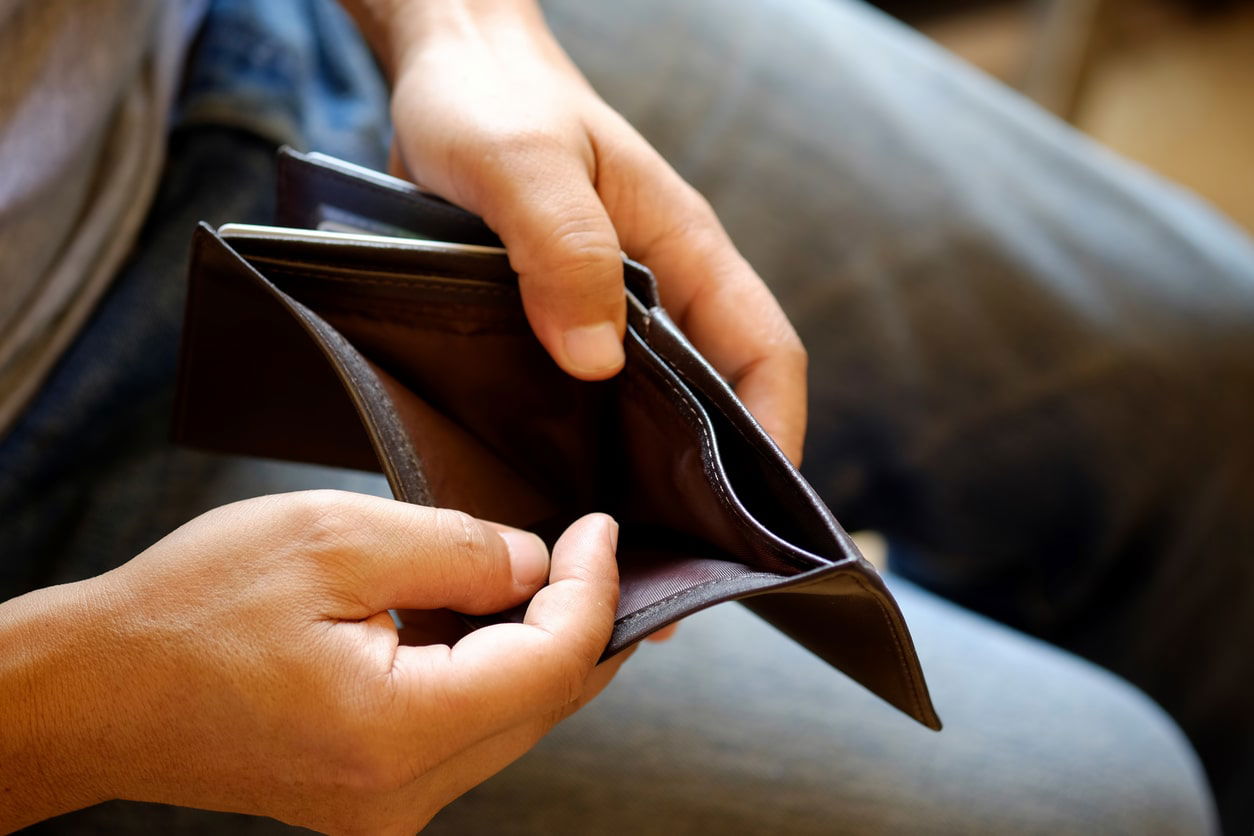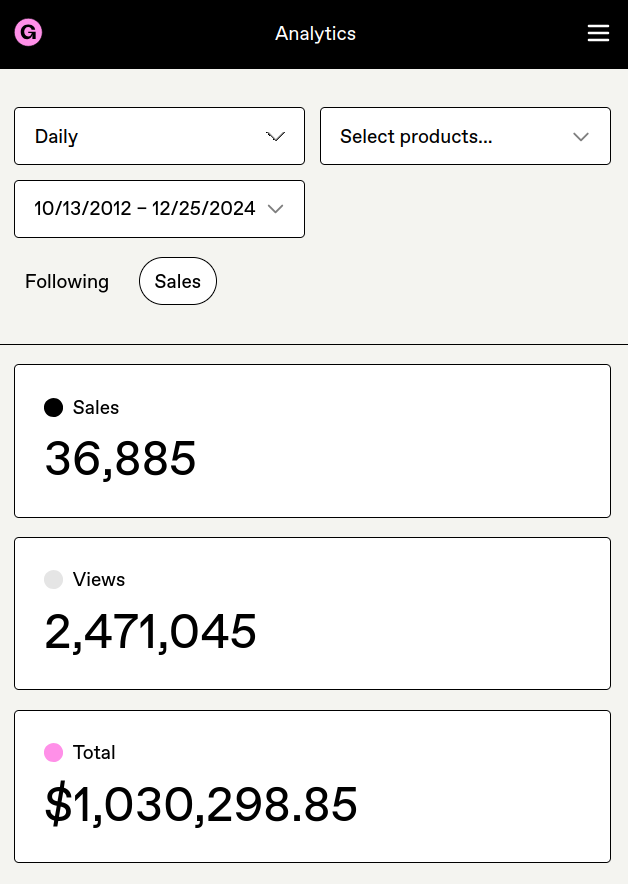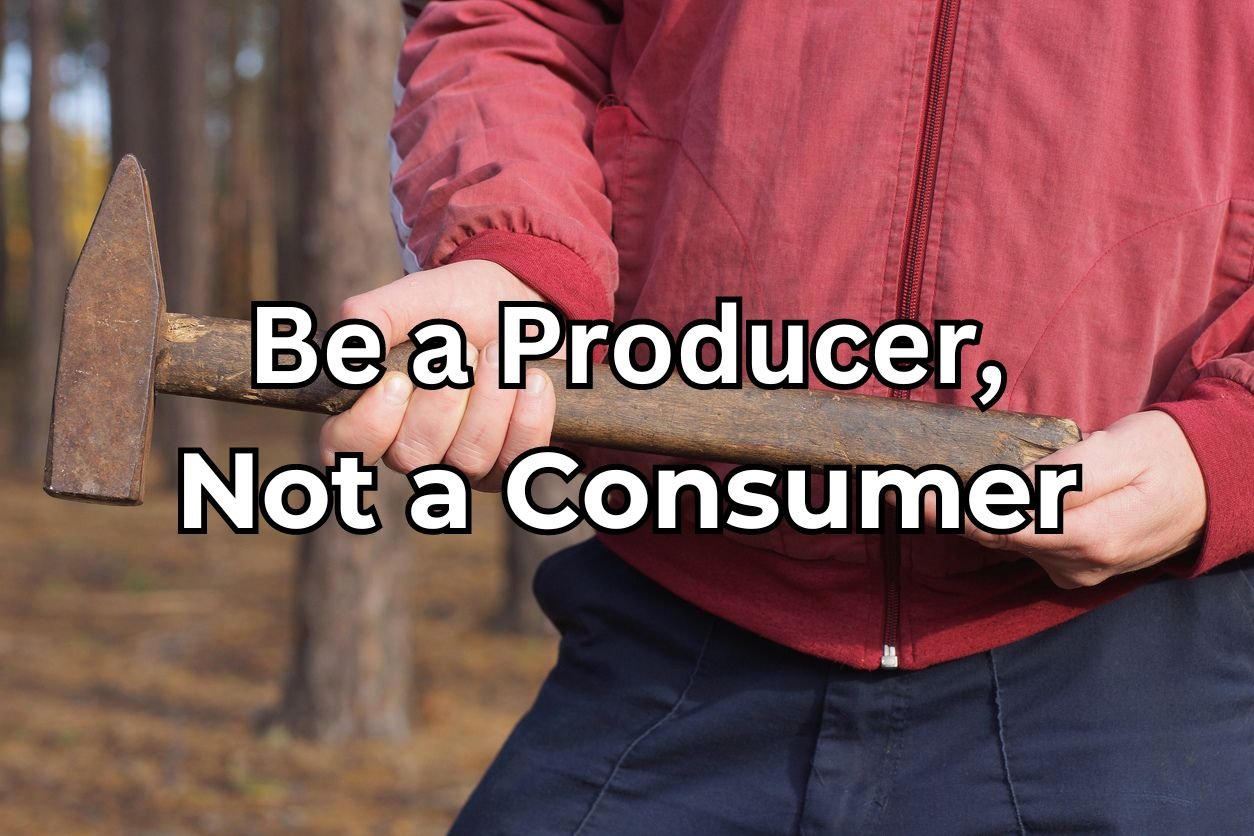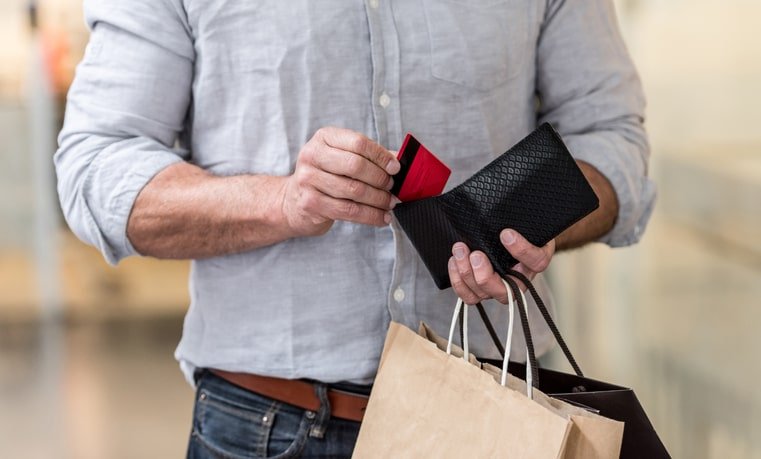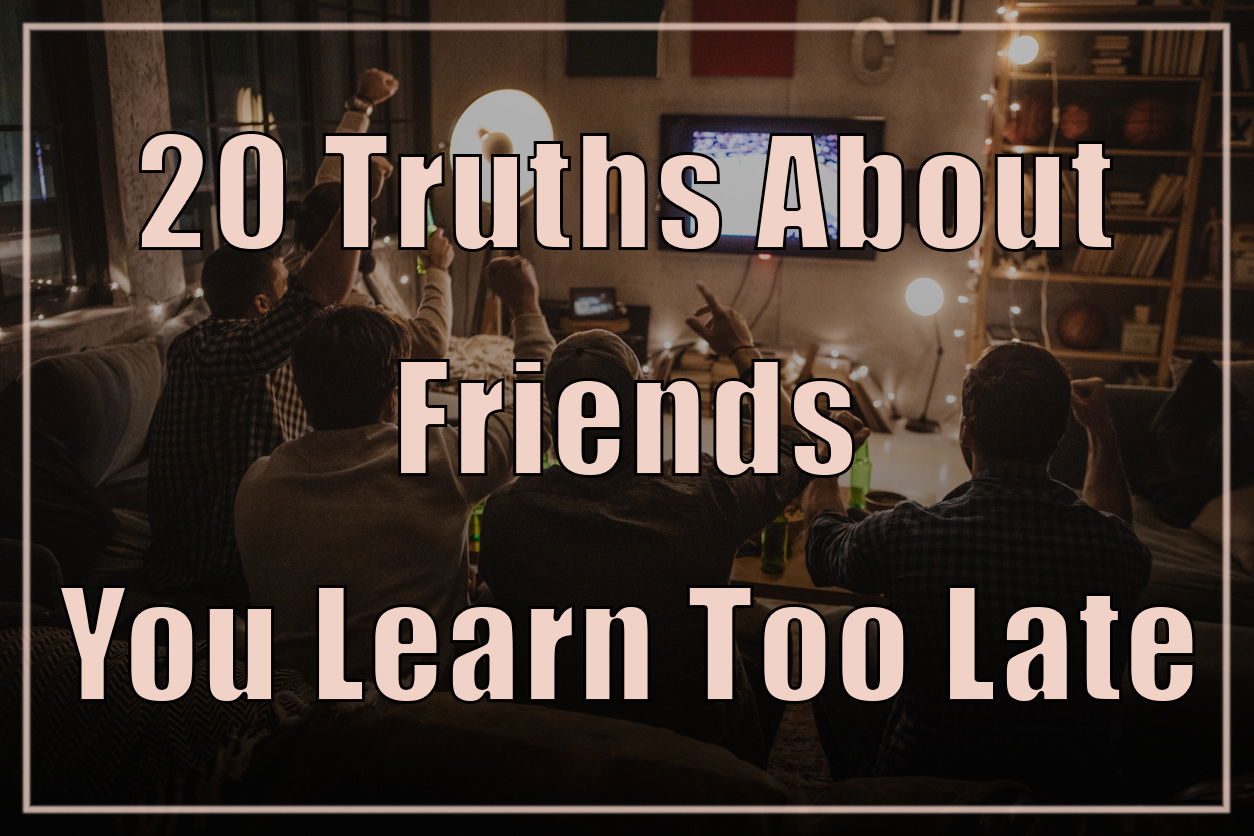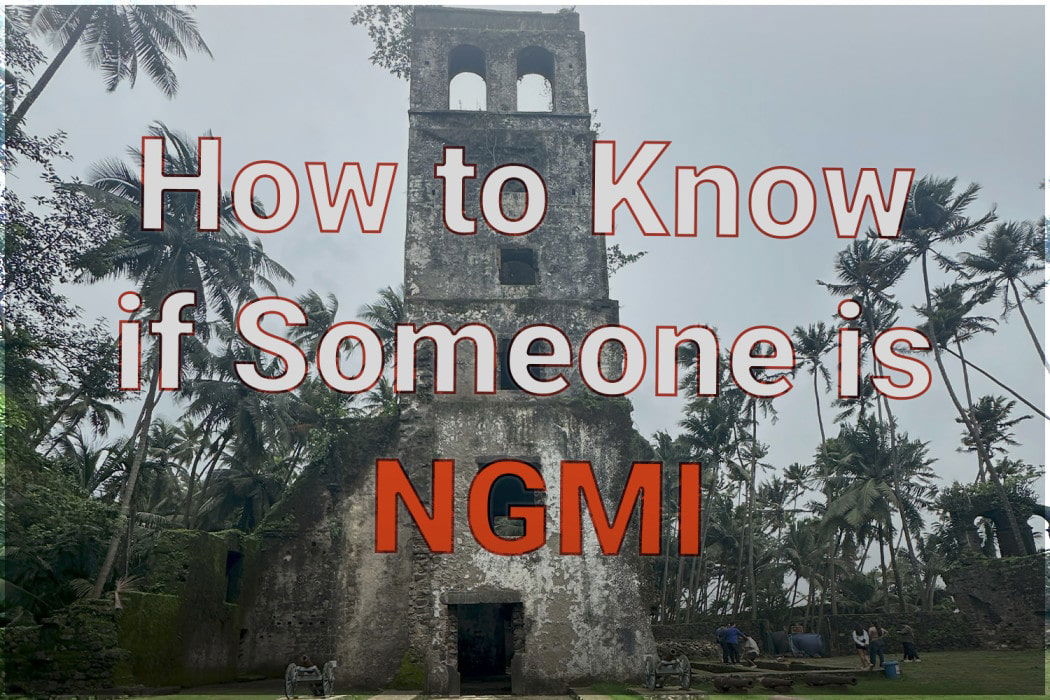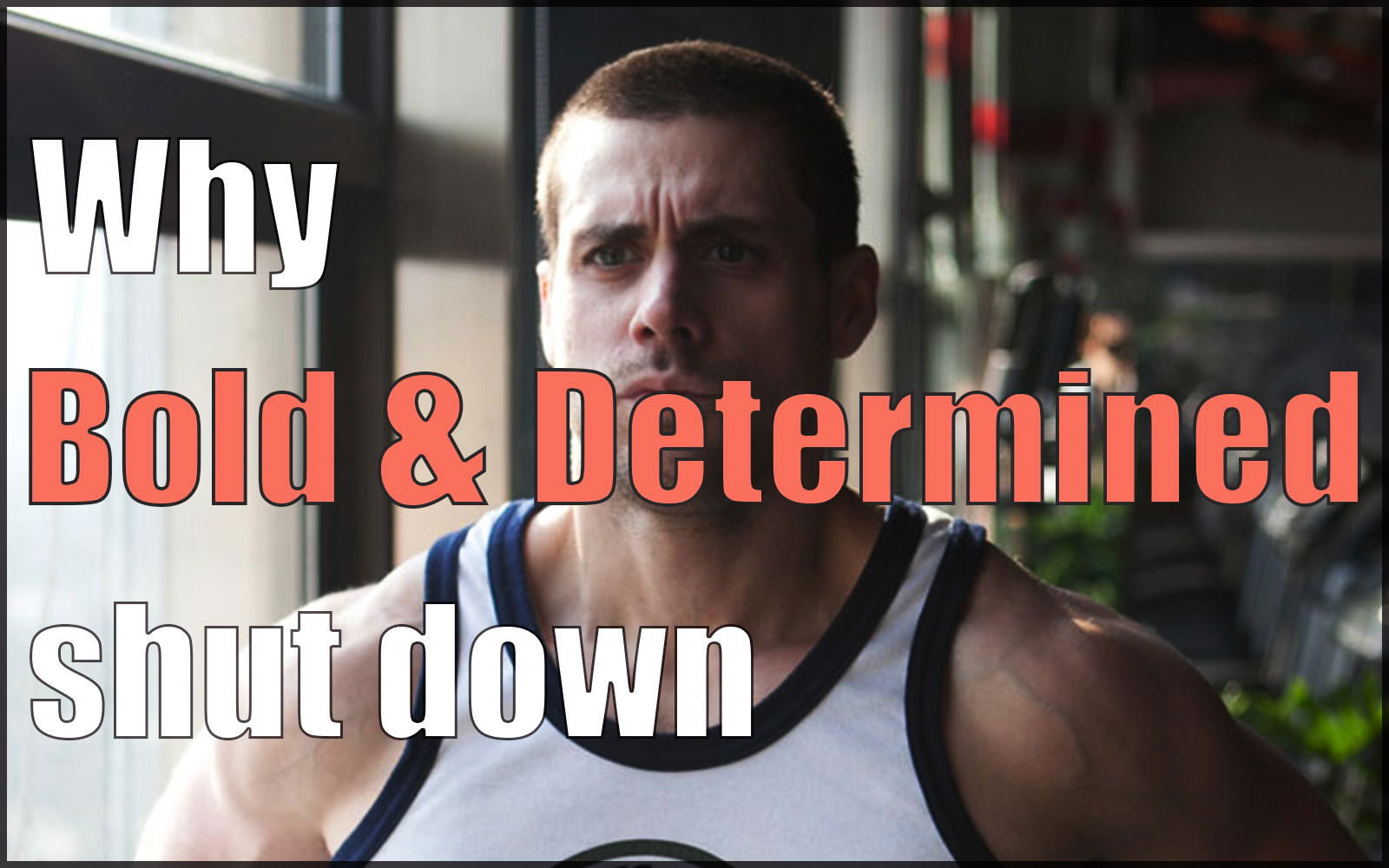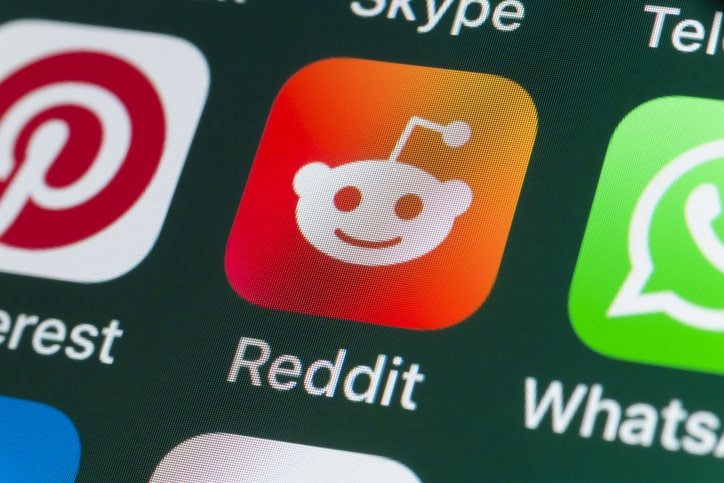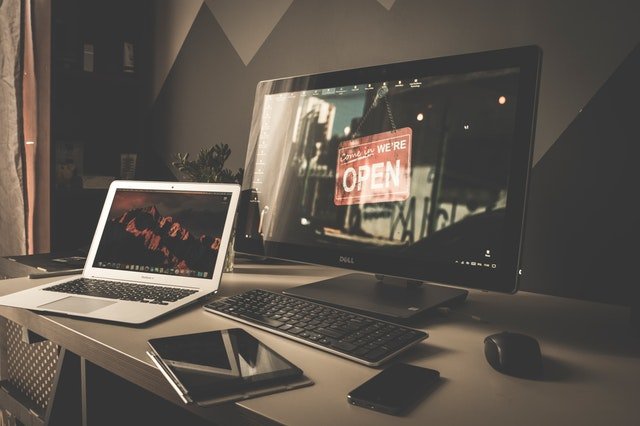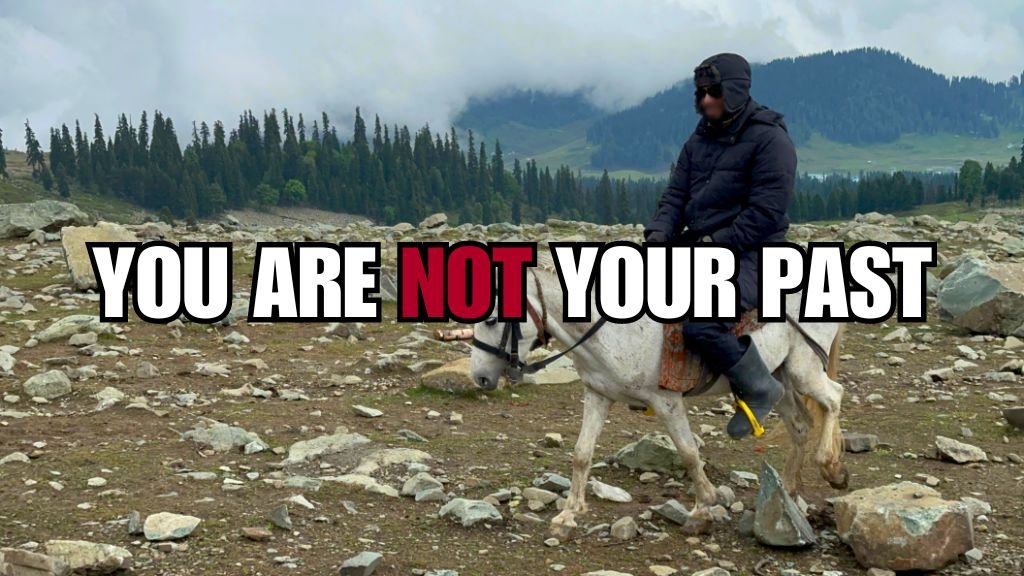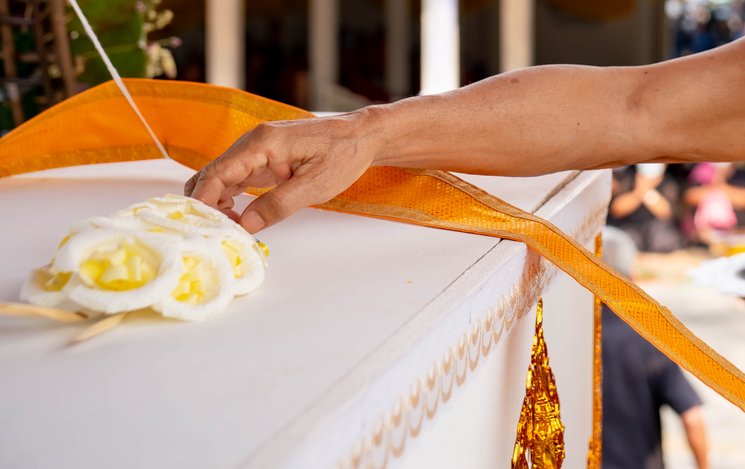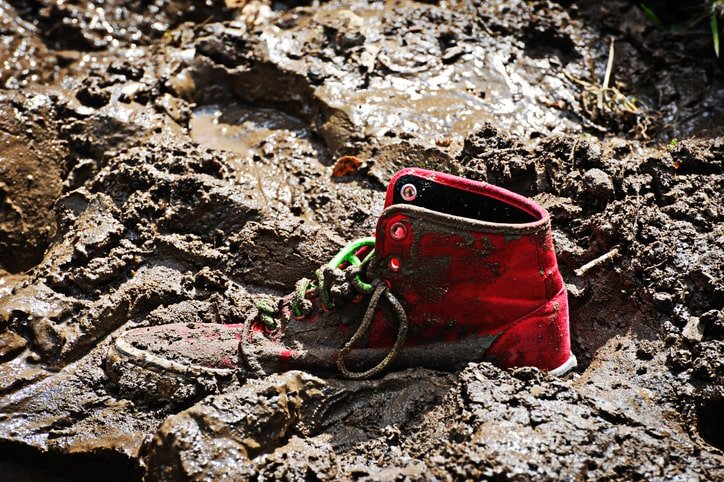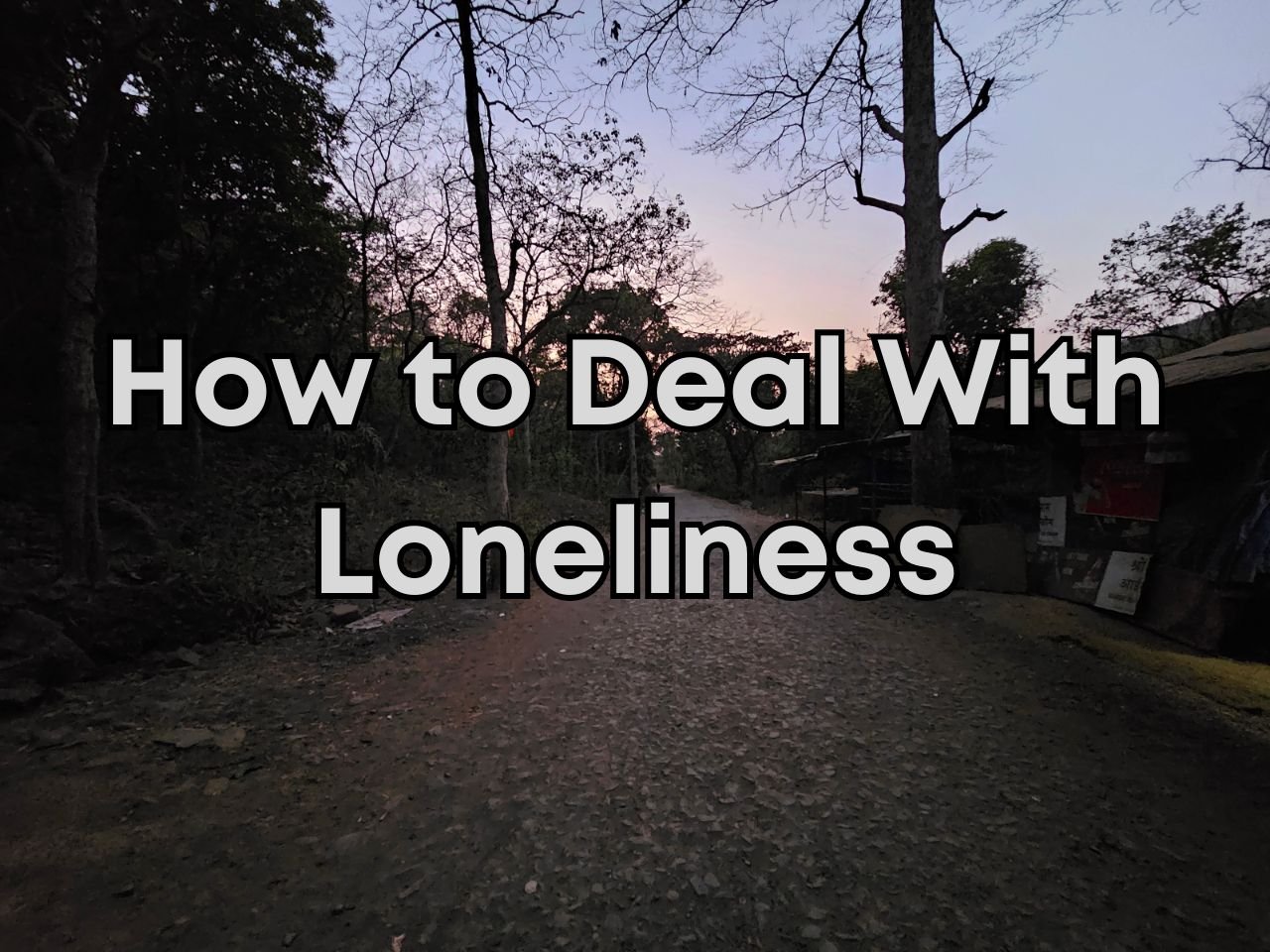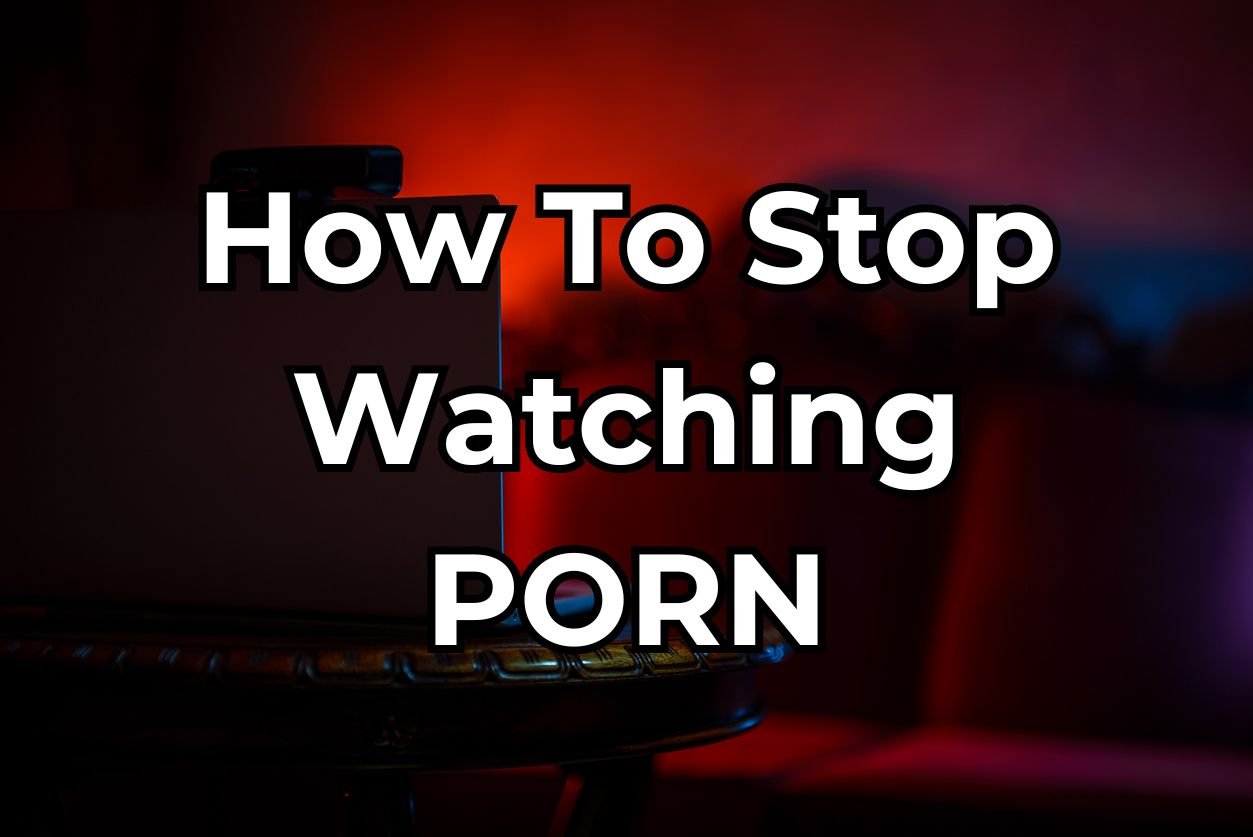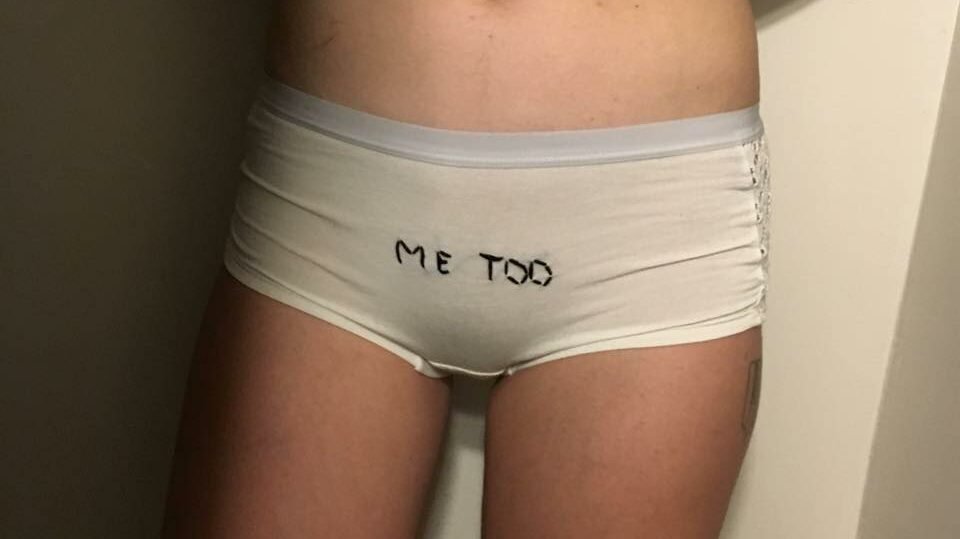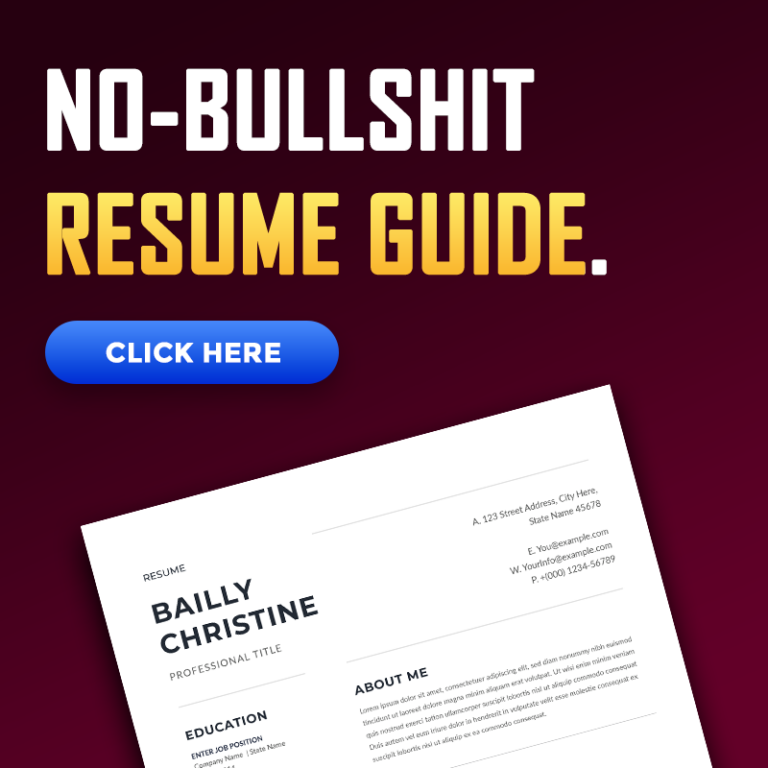Nothing you put up on the internet is safe. You need to be careful with what you share online because once you put it there, it’s there forever.
Here are some steps you can take to protect your privacy:
1. Use an Alias
An alias is a fake name.
Avoid giving away your real name where you don’t need to. When you go out to a restaurant and they ask your name to book a table, use an alias. You’re not obligated to share your identity just because they asked for it.
Avoid sharing your real name online (Especially online!).
2. Address
If you’re running a business, people will want to know your business address.
Use a separate address for business purposes. Often, you can make do with a PO Box address if you don’t have a separate business location.
But no one needs to know where you sleep.
Your home address should be private while your business address can be public.
Unless you’re getting something shipped to you, avoid giving away your home address. Use a fake address or a PO Box address.
3. Social Media
If you ask me, you shouldn’t be using social media in the first place.
Not only is it bad for your mental health, but it’s also terrible for your privacy.
Social media companies are not in the business of giving you a private platform to communicate your thoughts. Social media companies are in the business of mining the shit out of your data and behavior patterns to try to show you advertisements.
Their business is targeted advertisements, which is literally the opposite of privacy.
(Social media companies even use facial recognition software to track you!)
When you upload images to Facebook and Instagram, not only are you giving your location to these companies, you’re also giving it away to the rest of the world. A sufficiently motivated stalker can figure out where you live and which places you frequent just by looking at your Instagram and Facebook account.
Funnily, women need to be more careful with what they upload but they’re the ones who give away all of their information online for some cheap likes.
If you’re going to be using social media, make sure you don’t give away both your real name and your face.
(One exception is that you’re running some kind of online consulting / service business where showing who you are will help you get more business.)
Make sure you use a fake date of birth.
I still recommend just deleting it. The only real reason you should be using social media is if it helps you get paid. If you’re not selling something, you shouldn’t be on Facebook.
Make sure your email address doesn’t give your information away. (firstname.lastname.birthdate @ example.com is a bad email address.)
4. Use a VPN to mask your IP address
See to it that you use a VPN so that websites are not able to track your IP address.
Every time you go to a website, your IP address is logged by the website owner. Every time you leave a comment anywhere, your IP address is logged by the website owner. Every time you surf the internet at work, your IT department sees it in their logs.
There’s literally no excuse for not using a VPN software in a world where everyone is trying to fingerprint your online activities.
If they have your IP address, they can know who you are and where you are. Period.
5. Pay in Cash
When you pay by a credit or debit card, you create a record of where you were at that time.
Always use cash to make offline payments.
Cards may be convenient, but cash is anonymous.
Cold hard cash is the most private form of payment there ever was and there ever will ever be.
The golden rule of sharing information:
Give out information on a need-to-know basis. They should only have your information if *you* need them to have your information.
Hope this helps.
– Harsh Strongman

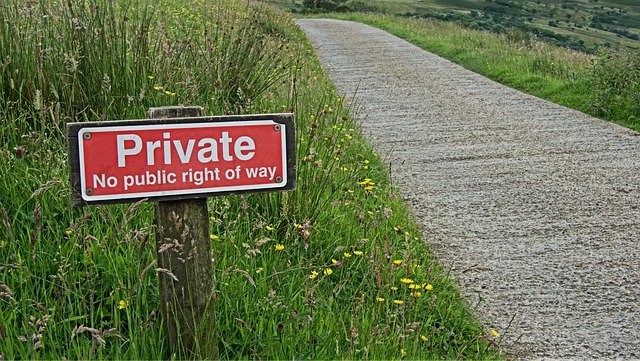



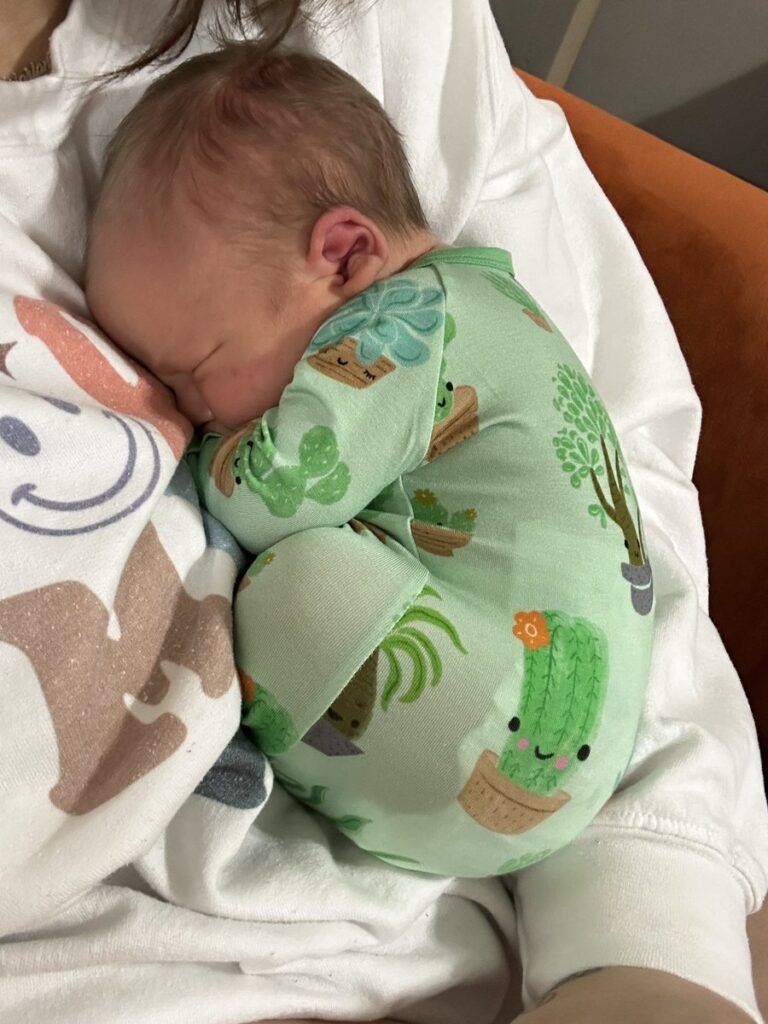
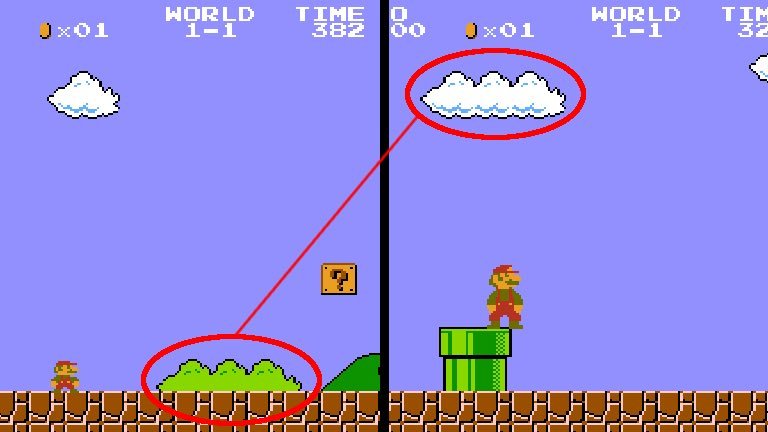
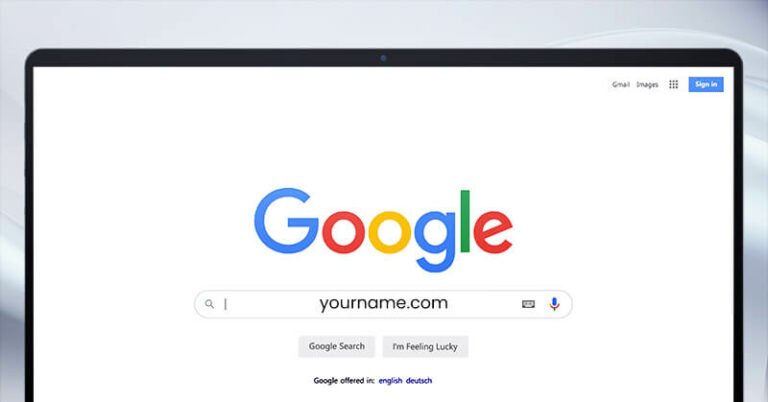

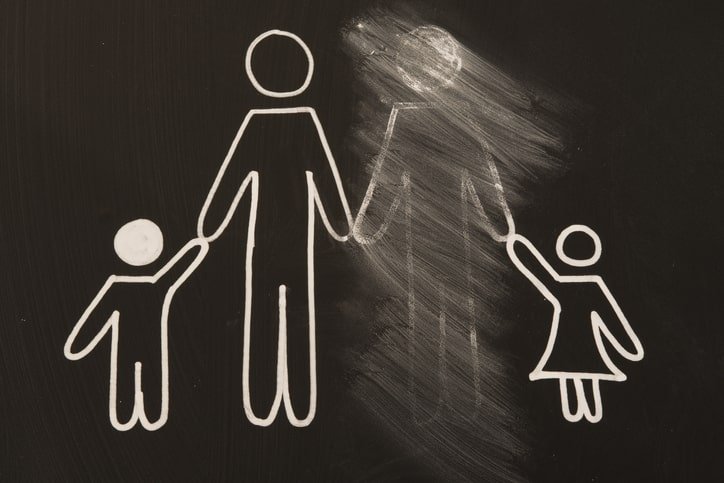
![Traits Women Find Attractive Traits Women Find Attractive (And How to Score Yourself) [PART 1: Physical Aspects]](https://lifemathmoney.b-cdn.net/wp-content/uploads/2025/11/Traits-Women-Find-Attractive-1.jpg)












